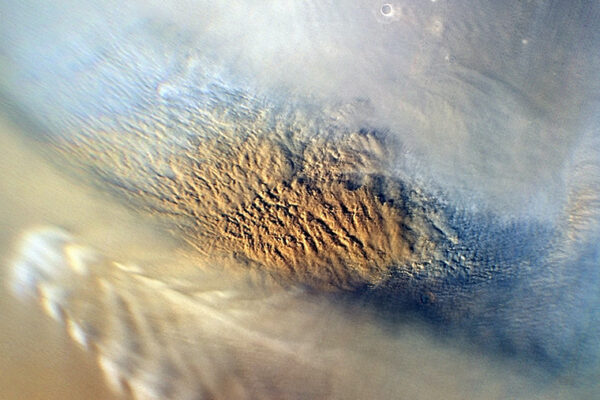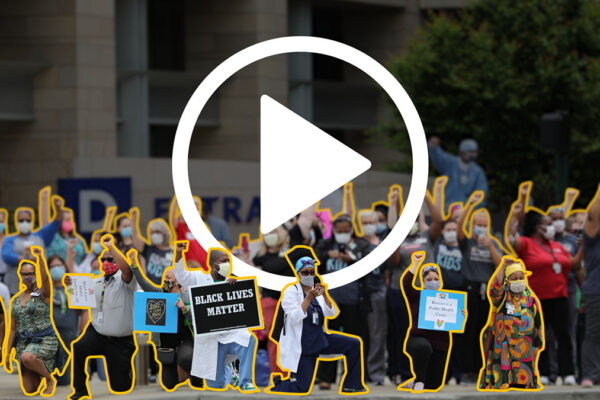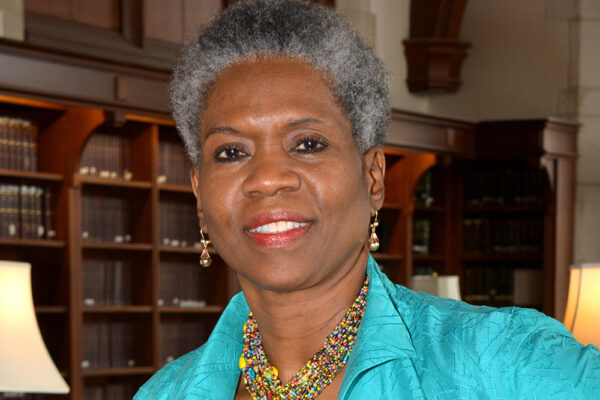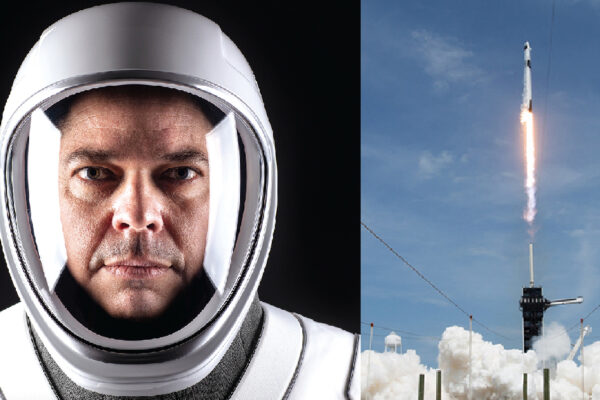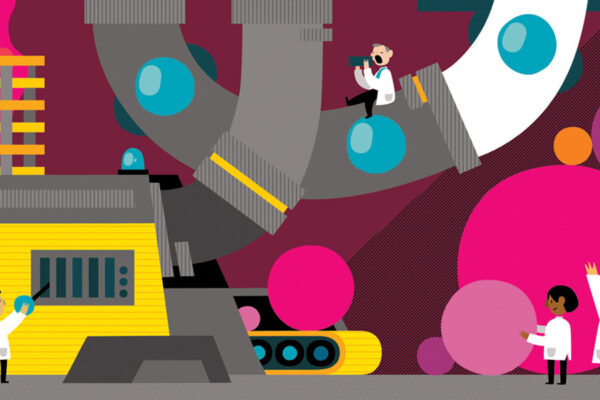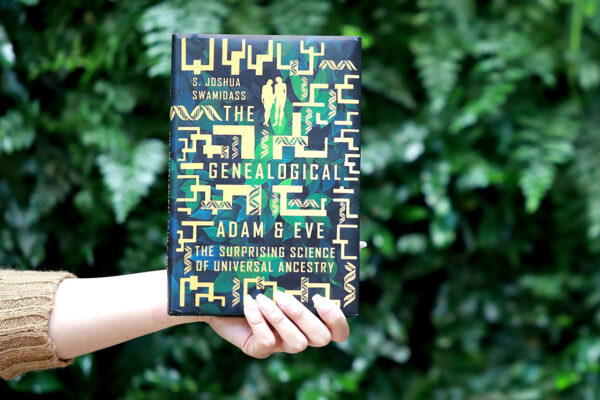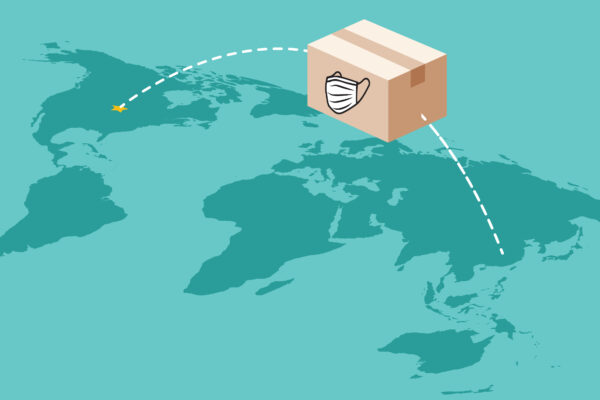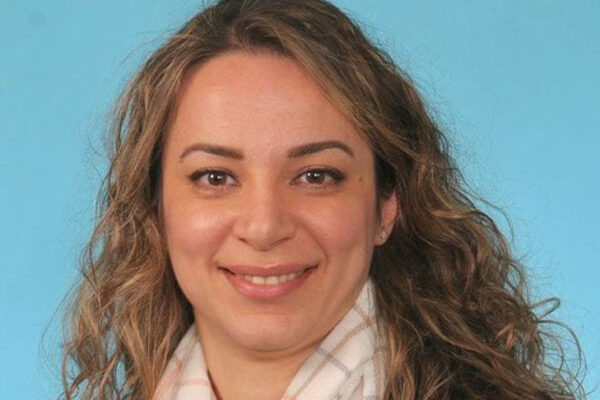Electrically charged dust storms drive Martian chlorine cycle
New research from Washington University in St. Louis planetary scientists shows that Martian dust storms, like the one that eventually shut down the Opportunity rover, drive the cycle of chlorine from surface to atmosphere and may shed light on the potential for finding life on Mars.
It’s time for change
Three esteemed Arts & Sciences faculty members discuss the social movement against police brutality taking place across the nation and the world, and its implications for teaching, research and higher education.
What Do We Teach Our Students About Law and Justice?
We surely don’t have all of the answers but we have settled on some lessons. We will teach our students to press forward, because there is no real alternative. We will teach them to challenge unjust laws because, as Frederick Douglass said, “power concedes nothing without demand.” We will inspire them to harness their outrage and energy into new and better policies.
Braver receives NIH grant to study cognitive effort and aging
Todd Braver, professor of psychological and brain sciences in Arts & Sciences, received a $432,938 grant from the National Institutes of Health (NIH) to support a project titled “Healthy Aging and the Cost of Cognitive Effort.”
Soaring into history
On May 30, 2020, WashU alumnus Bob Behnken and Doug Hurley became the first astronauts in NASA’s history to launch from a commercially built and operated spacecraft, the SpaceX Crew Dragon. For the Demo-2 mission, the two are testing the spacecraft’s transportation system for future missions.
How an invention gets out of the lab and into the world
Life-changing innovations continue to emerge from the university thanks to creative faculty research, cross-collaboration and the aid of the Office of Technology Management.
The good, the bad, the ugly of big data
Big data is changing the world, but is it for the better? Liberty Vittert, professor of practice in data science at Olin Business School, discusses big data’s even bigger impact.
What does science tell us about Adam and Eve?
In his book The Genealogical Adam & Eve: Surprising Science of Universal Ancestry, S. Joshua Swamidass, MD, associate professor of Pathology & Immunology in the School of Medicine and of Biomedical Engineering in the McKelvey School of Engineering, uses science to show that Adam and Eve could have existed and that theology and science don’t lie nearly so far apart.
The universal language of generosity
In early spring, WashU’s China Alumni Network organized an appeal in an effort to give back to their alma mater, raising funds to purchase PPE for the Washington University Medical Campus.
Mokalled receives national early career award
Mayssa H. Mokalled, assistant professor of developmental biology at Washington University School of Medicine, has received the 2020 H.W. Mossman Award in Developmental Biology from the American Association for Anatomy.
View More Stories
